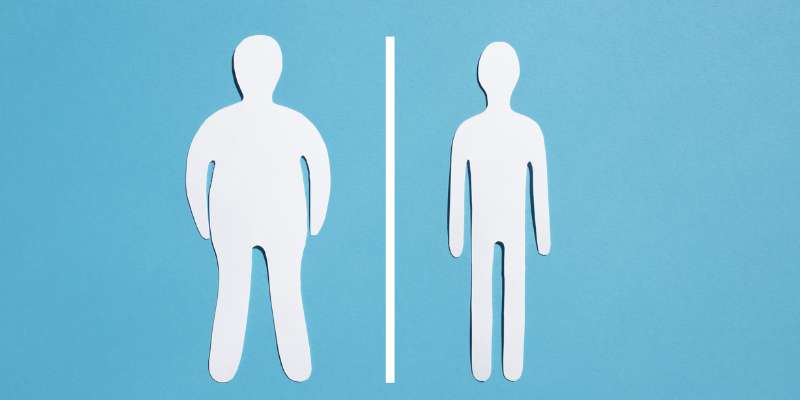Latest research demonstrates that obesity can trigger the development of dementia, with scientists predicting dementia cases to triple in the next 30 years.
Academics have warned that dementia cases across the globe are set to rise from 57 million to 153 million by 2050.
According to the researchers, people with obesity are 80 per cent more likely to develop dementia, while overweight adults are 35 per cent more likely to be diagnosed with the memory loss condition.
- Role of insulin on dopamine levels in brain may be ‘important driver of obesity’, scientists say
- Arterial stiffness in adolescence may be linked to obesity in early adulthood, study suggests
The study reveals that weight loss can combat the development of dementia, especially amongst middle-aged adults.
The Head of General Surgery and Obesity Services at Hospital Quirónsalud Málaga, César Ramírez, said: “It’s clear that if we are able to eliminate middle age obesity, we can influence associated comorbidities such as hypertension and diabetes, and we could prevent the appearance of dementia in many people.
“This is where bariatric surgery plays an essential role and, based on the above, it would have a primary prevention role against dementia if it is acted on in time.”
He added: “Laparoscopic bariatric surgery, that is, weight loss surgery, is considered the safest and most effective procedure to treat severe obesity.
“It is a minimally invasive and painless procedure. After the intervention, the patient can be discharged in one or two days.”
- Man puts type 2 diabetes into remission 23 years since diagnosis
- Scientists suggest that obesity is caused by what we are eating, not how much
According to the analysis, additional risk factors can also trigger the development of dementia, including low educational levels, depression, high blood pressure and brain damage.
Environmental pollution, smoking, alcoholism, hearing disorders, diabetes, social isolation and a sedentary lifestyle have also been found to increase the risks of dementia, the study has reported.
“When we delve into their analysis, we realise that some of these factors, such as a low educational level, hypertension and diabetes, are in turn related to being overweight or obese,” said Dr Ramírez.
The full study can now be accessed in The Lancet.




